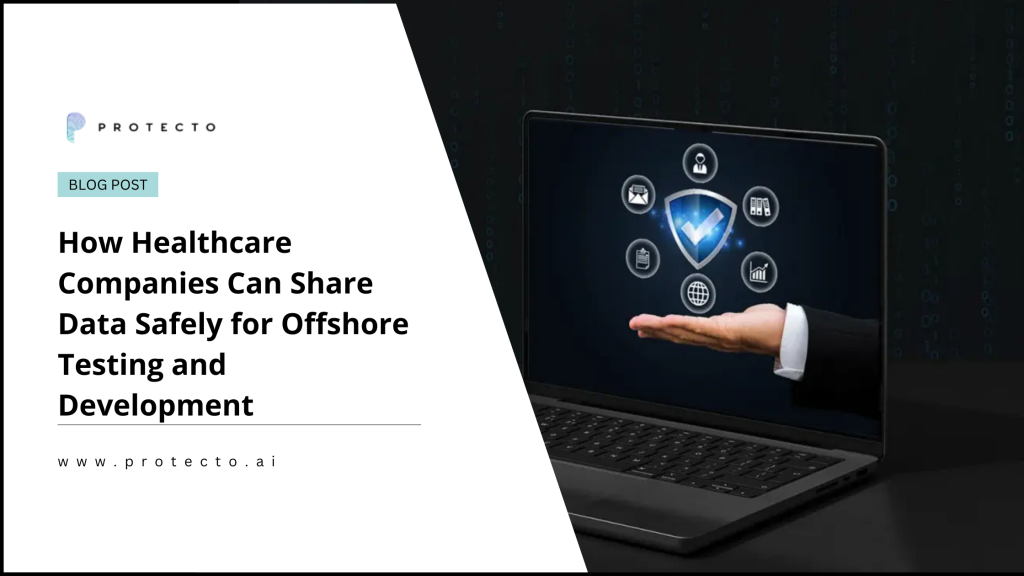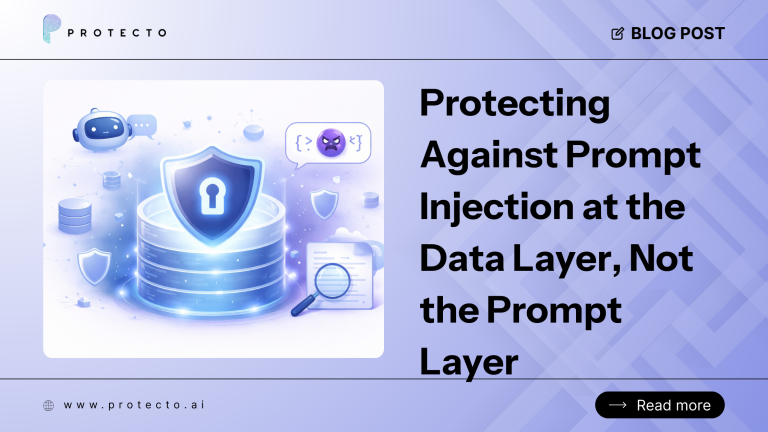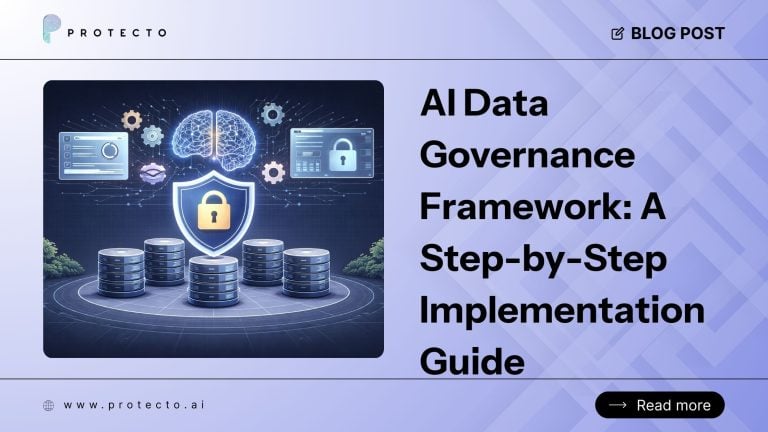Data sharing for offshore testing, development, and other operational needs is often essential in the healthcare industry. Yet, laws governing Protected Health Information (PHI) make this challenging, as sending sensitive data outside the U.S. can introduce significant regulatory risks. To stay compliant, healthcare companies need solutions that can anonymize data without compromising its usability or accuracy.
The Limitations of Synthetic Data for Healthcare Use Cases
Many organizations attempt to bypass these restrictions with synthetic data, hoping it can be a safe stand-in for real patient information. However, synthetic data often lacks crucial aspects of data integrity. Preserving relationships such as age-to-dosage dependencies and maintaining primary and foreign key references is essential in healthcare.
Without these, synthetic data can lead to inaccurate testing, high-risk situations, and a lack of reliability. Such complex integrity requirements create a serious gap for healthcare companies, as they cannot ensure meaningful results with synthetic data alone.
Interested Read: Leveraging Synthetic Data: Strategic Benefits & Use Cases
Why Traditional Anonymization Tools Fall Short
Some healthcare organizations turn to traditional in-house or older data anonymization tools to mask sensitive information. However, these solutions often break data integrity, similar to synthetic data, rendering the data ineffective for accurate testing and analysis. When anonymization tools fail to preserve data structure and key relationships, they compromise the quality of insights teams need for effective development and testing.
Interested Read: A Comprehensive Guide to HIPAA Compliance in the Age of AI
Protecto: A Solution for Integrity-Preserving Data Masking
Protecto addresses these challenges by providing format-preserving, length- and type-preserving masking that retains the original data’s structure. With Protecto, healthcare organizations can anonymize data while preserving critical aspects such as primary-foreign key relationships and dependencies like age-to-dosage ratios. This allows healthcare teams to confidently use anonymized data for offshore testing and development, knowing that the data integrity remains intact.
Many Real-World Success Stories
Many healthcare analytics companies leverage Protecto to create anonymized data for offshore development and testing, saving millions in development costs and significantly improving testing quality. Protecto provided the support this company needed to scale its testing and operations without compromising data security by enabling HIPAA-compliant, secure data sharing.
Conclusion
For healthcare companies facing challenges in safely sharing PHI, Protecto offers a unique, effective solution. By retaining data integrity, Protecto ensures that anonymized data is as reliable as the original—enabling compliance, operational efficiency, and high-quality testing. Protecto might be the answer to unlock safe, compliant, and effective offshore data use if your team struggles with data-sharing restrictions.




